Brock Biology of Microorganisms 15th Global edition (PDF) is the leading majors’ microbiology and microorganisms etextbook on the market. It sets the standard for accuracy, impeccable scholarship, and strong coverage of evolution, metabolism, and ecology. The 15th Global edition seamlessly integrates the most current science, paying particular attention to molecular biology and the genomic revolution. It introduces a flexible, more streamlined organization with a comprehensive art program and a consistent level of detail. Brock Biology of Microorganisms 15th edition (Global) helps medical and college students quickly master concepts outside and in the classroom through personalized learning, engaging activities to improve problem-solving skills, and amazing, superior art and illustrations. Brock Biology of Microorganisms 15th Global Edition pdf is a highly recommended coursebook.
Also available with Mastering Microbiology. (Sold separately)
Mastering™ Microbiology is an online tutorial, homework, and assessment product designed to improve results by helping college students quickly master concepts. All bio students benefit from self-paced tutorials that feature personalized wrong-answer feedback and hints that emulate the office-hour experience and help keep science students on track. With a wide range of engaging, interactive, and assignable activities, college students are encouraged to actively learn and retain tough course concepts.
All Our Prices Are In US$
Additional ISBNs: 0134268660, 9780134268668, 0134261925, 9780134261928, 978-0134261928, 0134603974, 9780134603971, 978-0134268668, 978-0134603971
A newer edition is also available. See related ebooks below
P.S. To get the Brock Biology of Microorganisms 15th edition test bank, solution manual, and other instructor resources, see related ebooks below!
NOTE: This sale only includes the ebook Brock Biology of Microorganisms 15e Global in PDF. No access codes or Mastering™ Microbiology included.

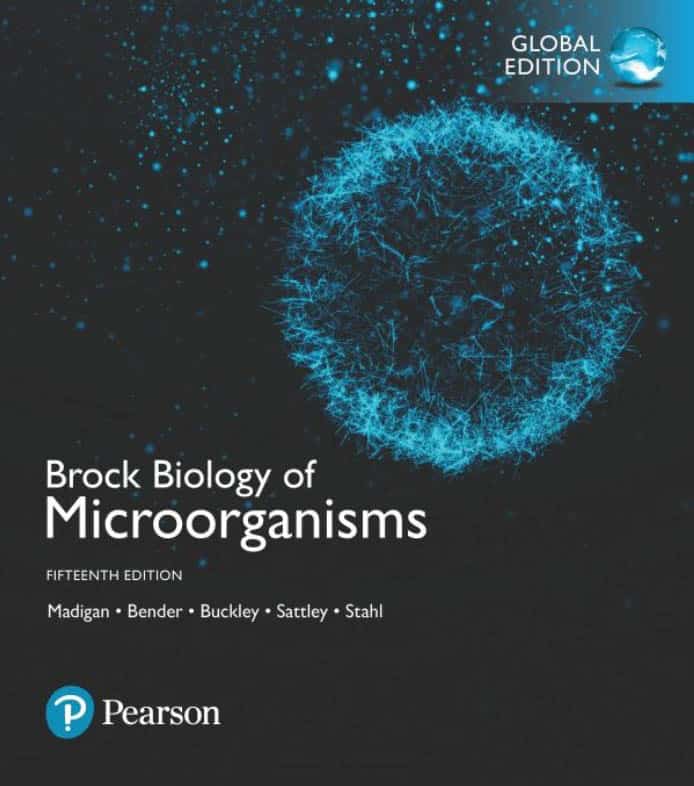
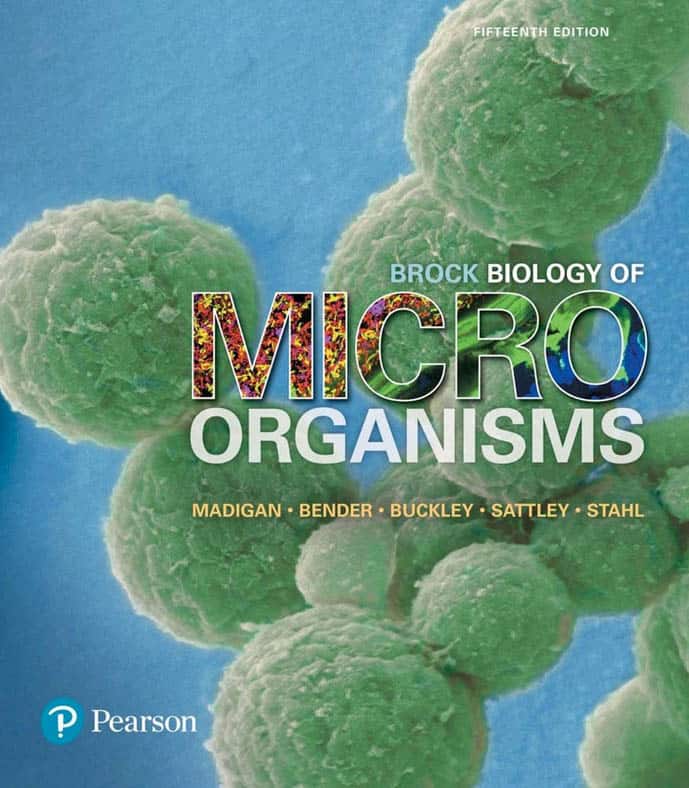


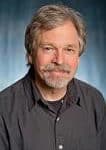

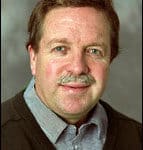
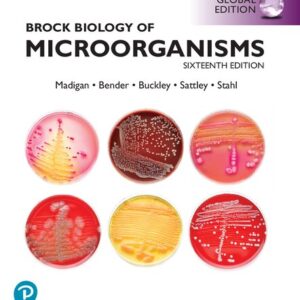
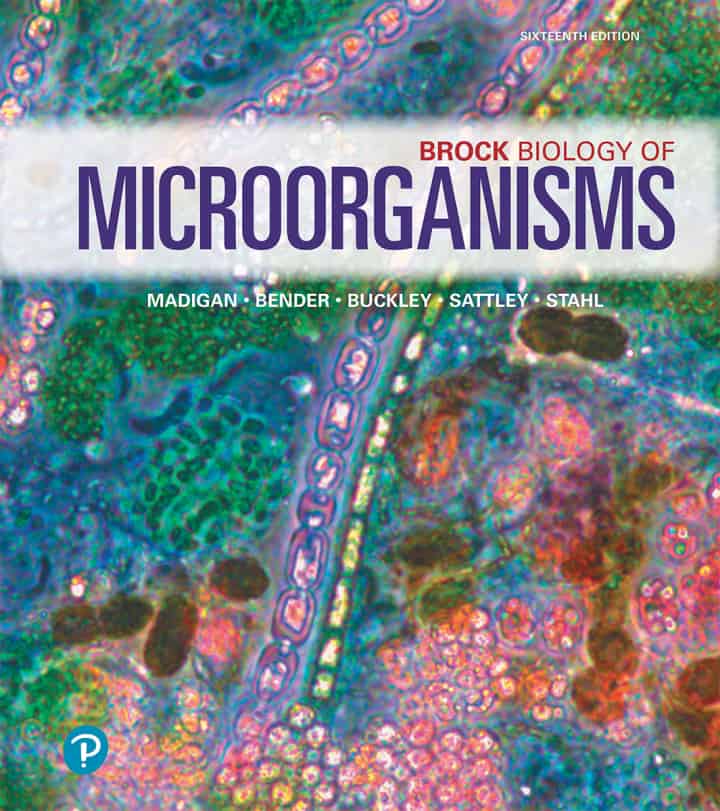
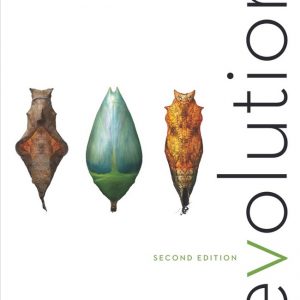
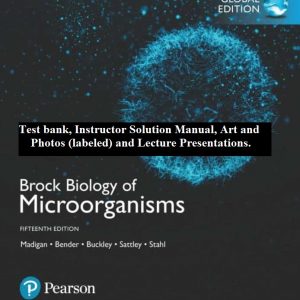
Reviews
There are no reviews yet.